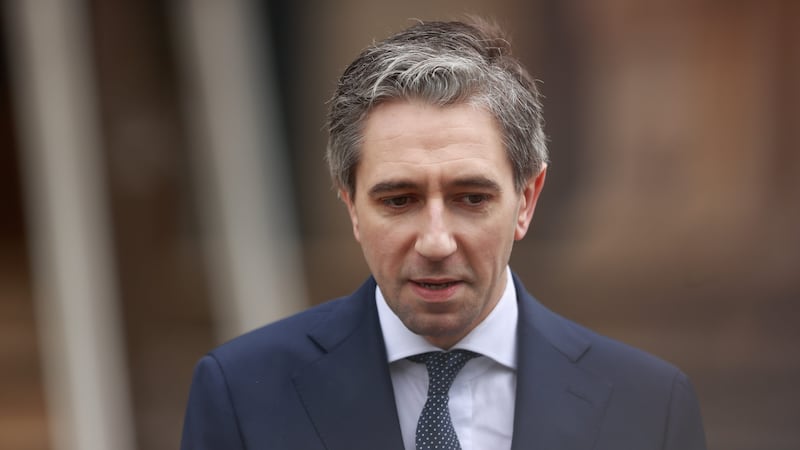DAVID Davis has said he is confident a Brexit deal will protect all of the Good Friday Agreement.
After talks in London with the Republic's Foreign Affairs Minister Simon Coveney, Mr Davis said avoiding a hard border was a priority for Britain.
The Brexit secretary also said he had honest and constructive talks with Mr Coveney on how to find specific solutions to issues affecting the island of Ireland.
"We both recognise the importance of finding flexible and imaginative solutions to the issues we face, and I am determined to build on the genuine progress we have made so far when negotiations with the EU begin again next week," he said.
"I'm confident we can reach a deal with the EU that protects the Belfast Agreement in all its parts, and gives people and businesses the certainty they need."
Mr Coveney also met Chancellor Philip Hammond, Secretary of State James Brokenshire and Labour leader Jeremy Corbyn.
David Davis has said the British government intends to be "as open as we can be" when making Brexit economic impact studies available to MPs.
He said he was already talking to Hilary Benn, chairman of the Exiting the EU Select Committee, about handling the release of the studies showing the potential impact of leaving the union on 58 economic sectors.
The government has repeatedly refused to release the studies in response to freedom of information requests and parliamentary questions from MPs, claiming doing so would harm Britain's negotiating position with Brussels.
But on Wednesday, Labour used an arcane parliamentary procedure to pass a motion to have the studies provided to the select committee so MPs can analyse how different negotiating outcomes could affect the economy.
On Thursday, Mr Davis told the Commons: "I've already spoken to (Mr Benn) ... and I'm organising to talk to him about how we handle the confidentiality of the documentation we'll hand over.
"I will reiterate the point made by my honourable friend, that is these documents are not some sort of grand plan, they're data about the regulations and the markets of individual sectors which inform our negotiation.
"Of course we will be as open as we can be with the select committee, I fully intend to."
Commons Leader Andrea Leadsom was pressed in the Commons by her Labour shadow Valerie Vaz to explain what the time limit was for releasing the studies.
Ms Leadsom replied: "It is absolutely accepted that the motion passed by the House yesterday is binding and that the information will be forthcoming.
"But, as I think as has been made very clear, it is the case that it is difficult to balance the conflicting obligation to protect the public interest through not disclosing information that could harm the national interest and the public interest whilst at the same time ensuring that the resolution of the House passed yesterday is adhered to."
She said she would contact the Department for Exiting the European Union (DExEU) later on Thursday to "understand the progress on that point".
Last month, DExEU refused to say whether it had analysed the impact of Brexit on Britain's regions because doing so could provoke a "reactionary" response that could damage the economy.
It was responding to a freedom of information request from the Press Association following claims by the department's former chief of staff, James Chapman, that it carried out analysis showing Scotland and the North East of England would lose most from Brexit.
On Thursday, Scotland secretary David Mundell said no separate piece of work has been done on the impact of leaving the EU on Scotland, despite Chancellor Philip Hammond acknowledging last month the Treasury had analysed regional effects.
Mr Mundell told the Scottish Parliament's Europe Committee: "There is not a Scotland-specific analysis, there is analysis of these sectors and how they apply within Scotland."
Referring to previous remarks he made to the Scottish Affairs Committee at Westminster, the Conservative MP said: "What I said at that committee was there was analysis which covered Scotland, that we agreed at the Joint Ministerial Committee on EU Negotiations that officials between the UK Government and Scottish Government would engage in relation to the analysis we had both done, because the Scottish Government of course has done some of their own analysis in these and other areas.
"It was agreed officials would begin discussions about sharing our respective analysis."






